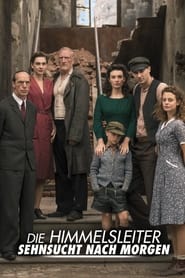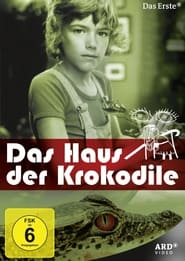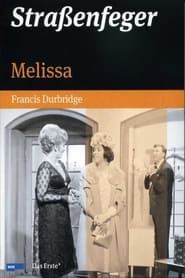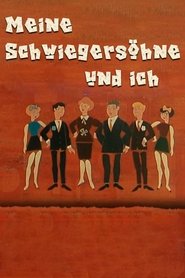Das Erste TV Series - Page 36
-
Rudis Suchmaschine
2000
Rudis Suchmaschine
2000
-
The Octopuses from the Second Floor
1986
star 7While on vacation with their bickering parents in Portugal, Eva and her little brother Johnny find two strange clots of clay on a polluted beach, who can speak and move on their own. They create two octopuses out of the blue and green material and take them home to Prague, soon discovering that their new pets attract electricity and other disasters. -
Donnerlippchen
1986
Donnerlippchen
1986
-
Die Kur
1978
Die Kur
1978
-
Das Haus der Krokodile
1976
star 8Das Haus der Krokodile is a 1976 German children's television miniseries based on the mystery novel by author, Helmut Ballot. Directed by Wilhelm ten Haaf, and starring Tommi Ohrner, the six-part miniseries premiered on the ARD on February 22, 1976. -
All You Need
2021
star 6.1All You Need is a Dramady series about four gay men in Berlin, searching for love and security in the age of Grindr. -
Schroeder darf alles
2023
Schroeder darf alles
2023
-
Alice
2022
star 4Almost half a century ago, a young woman dared to speak out publicly with pointed theses on gender roles or abortion laws. The reactions were violent. -
North America
2013
star 8.3The seven episodes explore North America: where civilization collides with untamed wilderness. Just feet beyond our own backyards rages a spectacle we never see. Join us as we step into this hidden world teaming with life - across impossible mountains and endless deserts. Dive into unexplored forests and crash into rugged coasts. This vast continent offers boundless rewards for those brave enough to take on this land - and call her home. -
Rätselflug
1982
Rätselflug
1982
-
Heinz bleibt Heinz
1993
Heinz bleibt Heinz
1993
-
Checker Can
2011
Checker Can
2011
-
Willis VIPs
2005
Willis VIPs
2005










